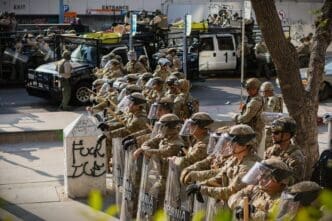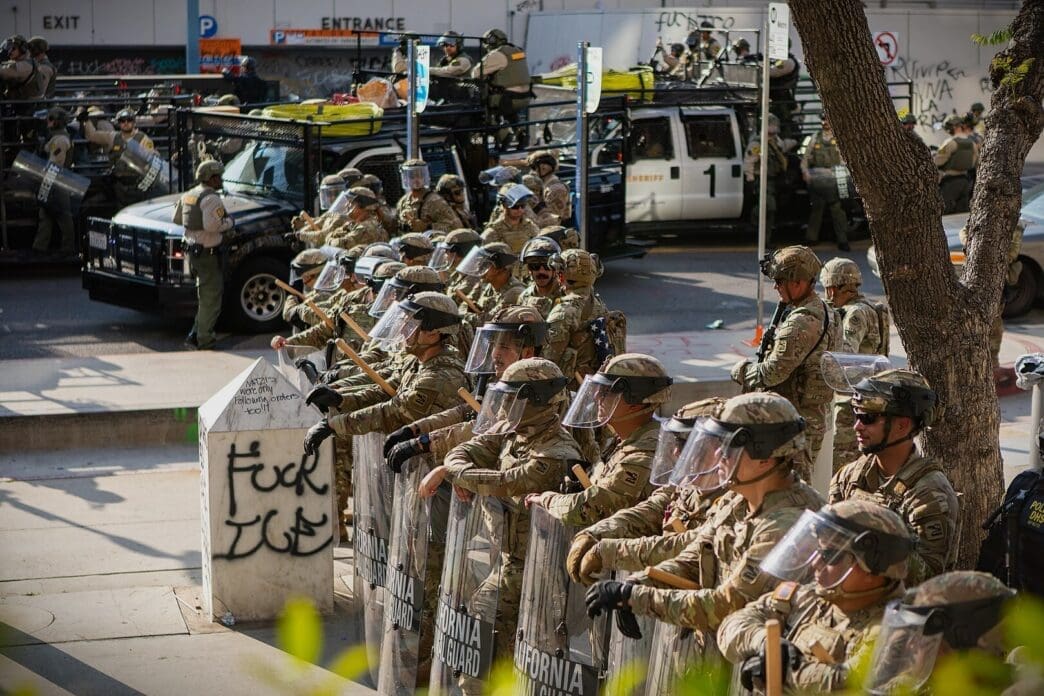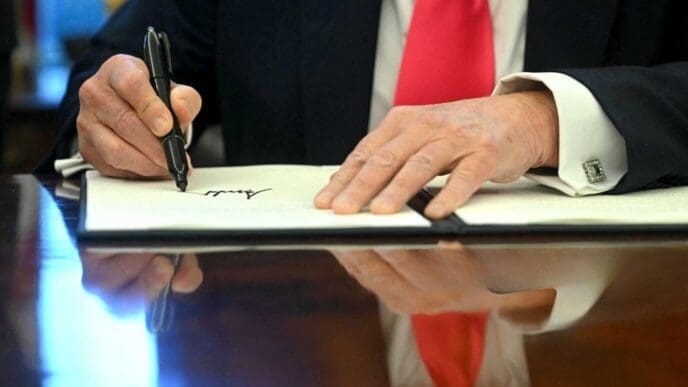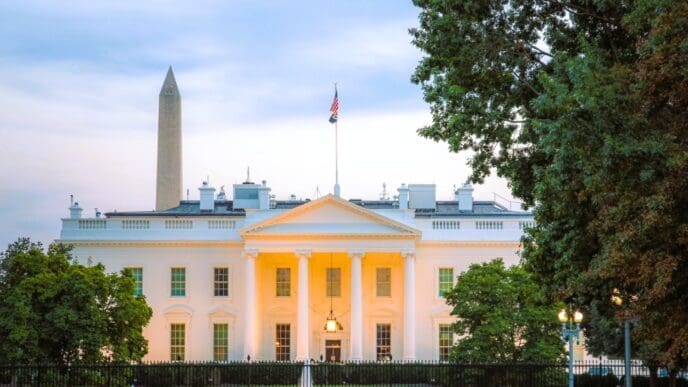Executive Summary
The Story So Far
Why This Matters
Who Thinks What?
A federal judge ruled Tuesday that President Donald Trump and then-Defense Secretary Pete Hegseth violated federal law by deploying U.S. military personnel to assist in law enforcement activities in and around Los Angeles. U.S. District Judge Charles Breyer concluded that the administration’s use of federalized California National Guard members and U.S. Marines during an immigration crackdown contravened the Posse Comitatus Act, which generally restricts the use of the military for domestic law enforcement. The decision comes as Trump considers similar deployments in other cities.
Judicial Findings
Judge Breyer found that evidence showed the defendants systematically used armed soldiers and military vehicles to establish protective perimeters, engage in crowd control, and demonstrate a military presence. He stated that this was an intentional and systemic effort to use military troops to enforce federal law.
The judge issued an injunction blocking Trump and Hegseth from using troops in California for arrests, apprehensions, searches, seizures, security patrols, traffic control, crowd control, riot control, evidence collection, interrogation, or acting as informants. This part of the ruling has been paused until next Friday to allow for an appeal.
Background of the Lawsuit
California Governor Gavin Newsom filed a lawsuit against Trump and Hegseth in June after Trump federalized members of the state’s militia. This action followed protests over the administration’s hardline immigration policies.
An initial ruling by Judge Breyer in June had declared Trump’s call-up of troops unlawful and ordered their return to the governor. However, a federal appeals court later allowed Trump to maintain control of the troops while the legal challenge proceeded.
Posse Comitatus Act Violation
The judge’s decision specifically addressed whether the troops violated the Posse Comitatus Act when accompanying federal agents on raids or temporarily detaining civilians. Breyer noted that the instructions given to the troops, identified as Task Force 51, were incorrect. He also found that the military’s presence alongside federal agents, at times outnumbering them, pervaded the activities of the civilian agents.
Implications
While the decision is limited to California, it serves as a significant warning for potential similar deployments elsewhere in the United States. The ruling underscores the legal limitations on using military forces for domestic law enforcement under the Posse Comitatus Act.














